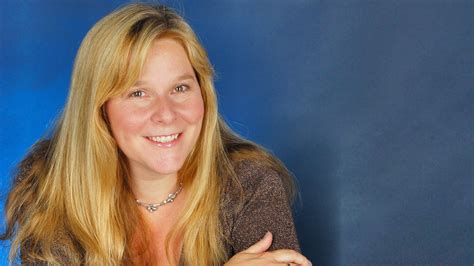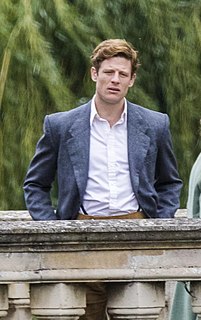A Quote by Robin Furth
My job on The Gunslinger Born was to take Stephen King's novel and transform it into a detailed, seven issue, scene-by-scene story.
Related Quotes
I suppose that, for me at least, the biggest difference betweenThe Gunslinger Born and the next two story arcs (The Long Road Home and Treachery), is that while Gunslinger Bornwas a translation of an existing novel, the next two arcs are really the stories that I've been weaving since I first started working with Steve King on the Dark Tower back in 2000/2001.
have a much harder time writing stories than novels. I need the expansiveness of a novel and the propulsive energy it provides. When I think about scene - and when I teach scene writing - I'm thinking about questions. What questions are raised by a scene? What questions are answered? What questions persist from scene to scene to scene?
































